Should autistic people be eligible for disabled parking spaces?
With recent discussion on the subject of autistic people being able to access disabled parking spaces we though we would ask our readers what they think of the subject here.
Please take our poll below and read up more on the issues here.
See comments below
| NAME/EMAIL | COMMENT | |||
|---|---|---|---|---|
| Rachel | I believe this would be invaluable, I have 3 children on the spectrum and one thing that I always had issues with was their spacial awareness…..they would walk in front of moving vehicles…..being able to park closer would have been so much safer | |||
| Robyn Best | have 2 Autistic sons and to me it would seem very beneficial due to I some Autistic children are what we call runners. That means that they just simply take off with no regards to traffic or dangerous situations. Depending where the child is on the spectrum means alot, most Autism children need assistance with all their daily activities . | |||
| Robyn Best | have 2 Autistic sons and to me it would seem very beneficial due to I some Autistic children are what we call runners. That means that they just simply take off with no regards to traffic or dangerous situations. Depending where the child is on the spectrum means alot, most Autism children need assistance with all their daily activities . | |||
| Spike Foley | Hyper-mobility is the issue. A lot of autistic children are bolters i.e. they just take off, without considering traffic, pedestrians, or their own safety. Being able to park close to the entrance makes it safer and less stressful for the parents and/or caregivers. | |||
| Carol Keating | Absolutely. I’m raising my autistic grandson whose a runner. He also has meltdowns everywhere and he’s so heavy, I can’t carry him all around a huge parking lot kicking and screaming. I’m not young anymore! Collapse | |||
| Gary Simpson | As someone on the spectrum myself, I’d actually prefer the disabled spots go to those with a physical disability. I do agree that yes, parking closer would be safer, but there are those in more direct need of those spaces. I personally would rather put myself in a stressful situation if it meant someone who needed it could have it. | |||
| Michelle Skigen | NO… those parking spaces are for mobility issues only. I am autistic, myself. I have raised a son with serious disabling issues in addition to autism – he is adult and now diagnosed with schizophrenia and bipolar, among other things, along with autism. Needless to say that as a child, he was a handful. I do know what it is like to parent a heavy, impulsive, wiggling wanderer/runner. There is a huge difference between the demands of wrangling a kiddo who is a handful, and not being able to walk far due to serious mobility challenges. I ALSO have active generalized myasthenia gravis affecting my breathing (I’m oxygen dependent when having to move around) and increasingly painful arthritis. THAT is what the placard is for… and when my child was little and I was healthy, it never crossed my mind, hanging onto my young man when he was young, to ever impede on spaces where people dealing with equipment like wheelchairs, or slowly hobbling to where they could use a scooter, or getting to the next place to sit down because that was a huge trek for them. There is no comparison. | |||
| Chris | My son is Autistic, and we as parents have his Melt downs fairly under control, I do recognize that some parents may have different issues with their child and may require parking closer. I’ve had plenty of issues in the middle of the store because he didn’t get some candy or toy. but I have rarely had to take him home because of his meltdowns, and never have I needed a closer parking spot just to get him out of the store. sure I’ve had funny faces and even people yelling at me to parent my child. While me and my family does not need a handicap tag. people that have multiple children on the spectrum should if they feel they need it… But I see it all being abused as many do it already | |||
| Rosalind Antillk | Disabled spaces are made wider to accommodate wheel chair users access. Able bodied users reduce the number of places for wheel chair users. I appreciate autistic people would benefit from being closer to entrances, so suggest specific regular sized disabled spaces be created close to entrances thereby leaving the larger spaces available for the disabled who really need them. I am a wheel chair user and can not shop if I can’t get my chair out of the car and I need to be able to open the passenger door fully to get out and into my chair, not possible in ordinary parking places. I have sometimes had to abandon my shopping trip because all the disabled spaces are full. | |||
| Shell | I’m sorry but no, not to wider mobility access parking or no to blue badges for them if they are not wheelchair bound of mobility challenged too. I’m seeing this from both sides as I have raised 2 autistic children and I additionally have mobility disabling conditions. As much as they sometimes used to be runners when they were younger (they are adults now) I managed going places accordingly and managed them with coping techniques, I never needed a spot closer to cope with them and having one would of made little difference. There are plenty of standard sized parking spaces close, enough for children with difficulties. However there are already a limited number of blue badge holder spaces for those that actually need them to be able to maneuver out of a vehicle and be close enough to venues as walking distances causes them pain. If there was chance to turn a select percentage of standard size spaces into an autism adapted spaces and have a special permit for that then that would be a very different situation.Collapse |
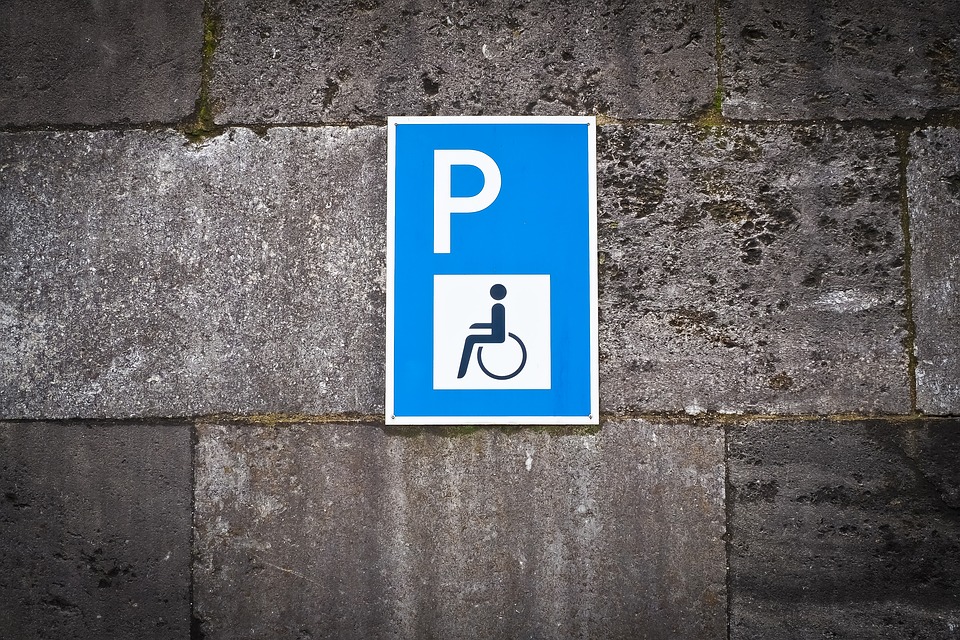
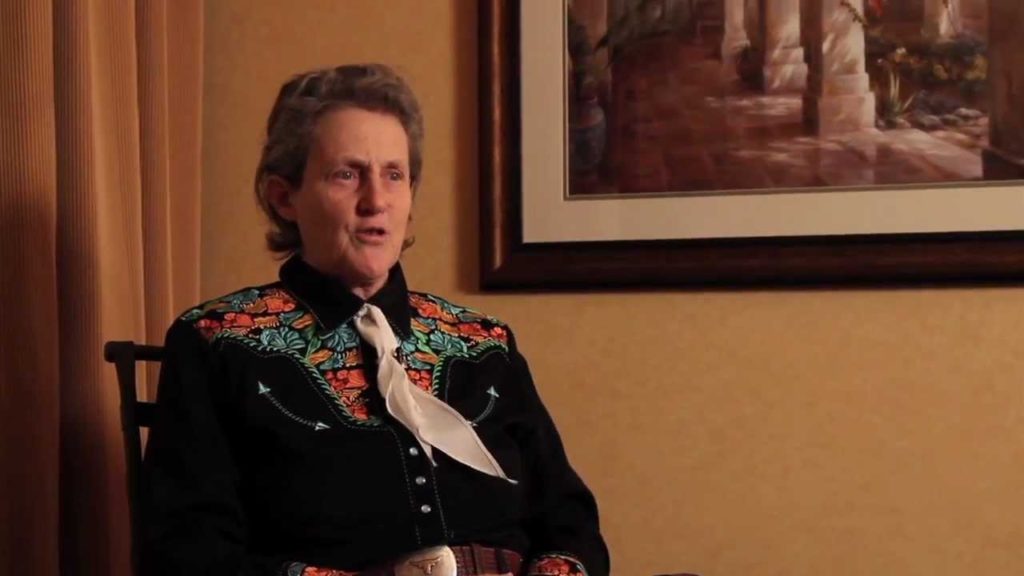
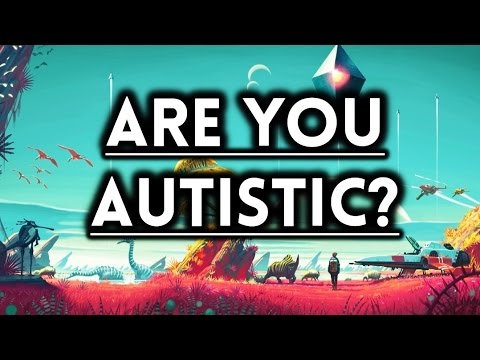
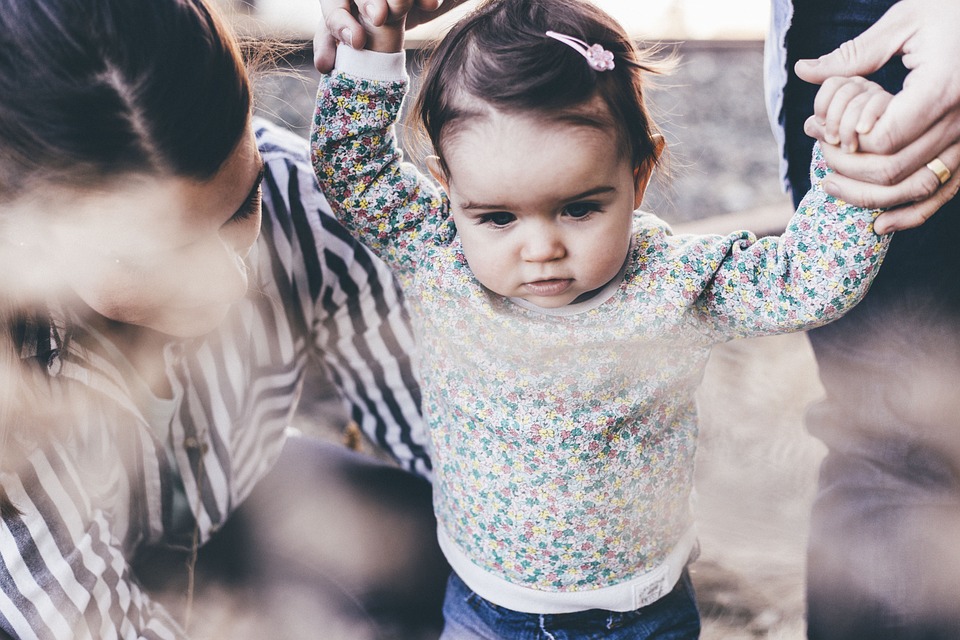
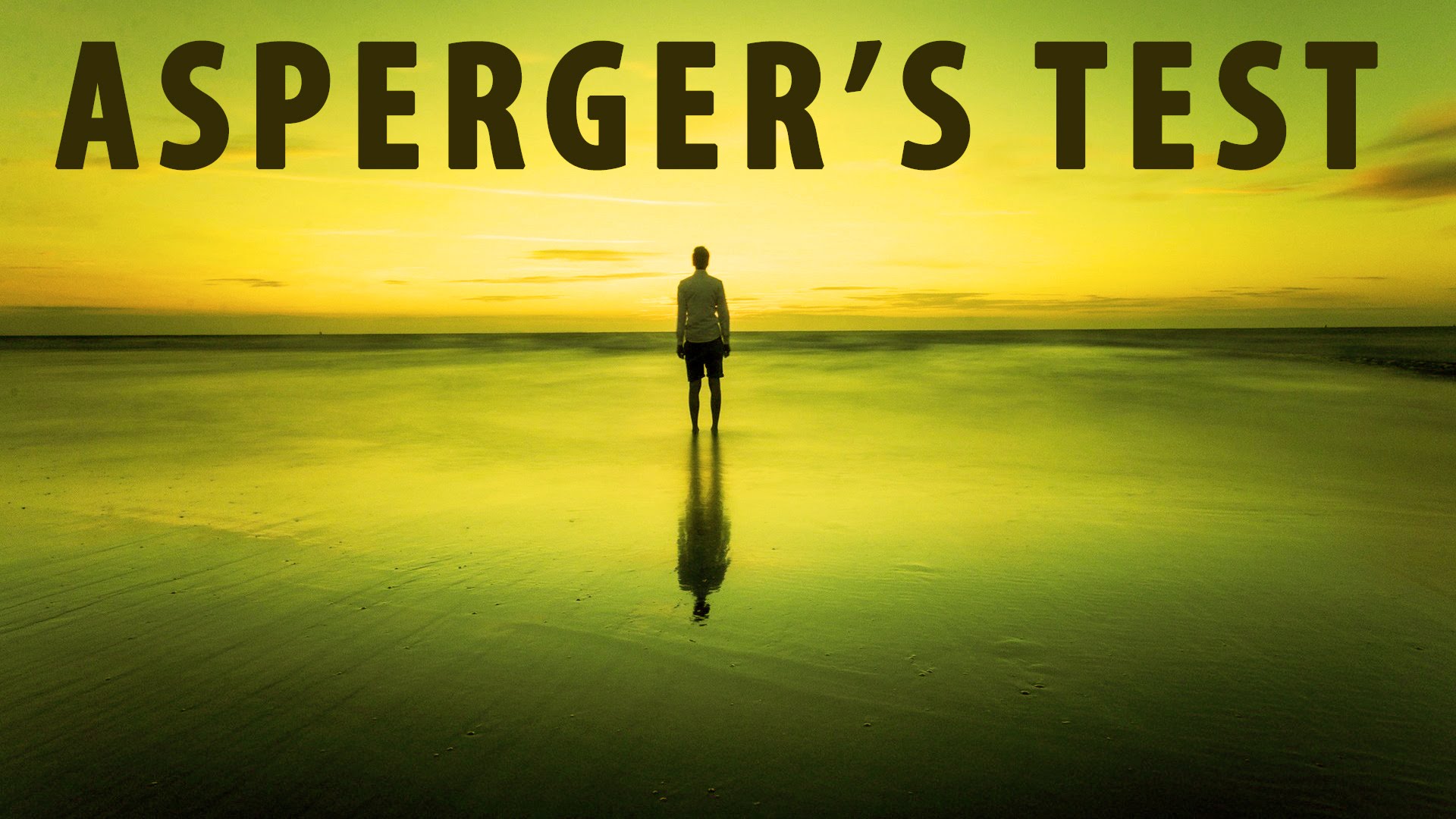
Carol Keating – 2 hours ago
Absolutely. I’m raising my autistic grandson whose a runner. He also has meltdowns everywhere and he’s so heavy, I can’t carry him all around a huge parking lot kicking and screaming. I’m not young anymore!
Hyper-mobility is the issue. A lot of autistic children are bolters i.e. they just take off, without considering traffic, pedestrians, or their own safety. Being able to park close to the entrance makes it safer and less stressful for the parents and/or caregivers.
I have 2 Autistic sons and to me it would seem very beneficial due to I some Autistic children are what we call runners. That means that they just simply take off with no regards to traffic or dangerous situations. Depending where the child is on the spectrum means alot, most Autism children need assistance with all their daily activities .
I have 2 Autistic sons and to me it would seem very beneficial due to I some Autistic children are what we call runners. That means that they just simply take off with no regards to traffic or dangerous situations. Depending where the child is on the spectrum means alot, most Autism children need assistance with all their daily activities .
I believe this would be invaluable, I have 3 children on the spectrum and one thing that I always had issues with was their spacial awareness…..they would walk in front of moving vehicles…..being able to park closer would have been so much safer